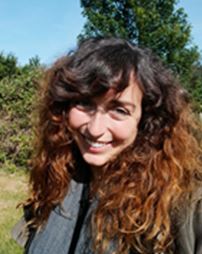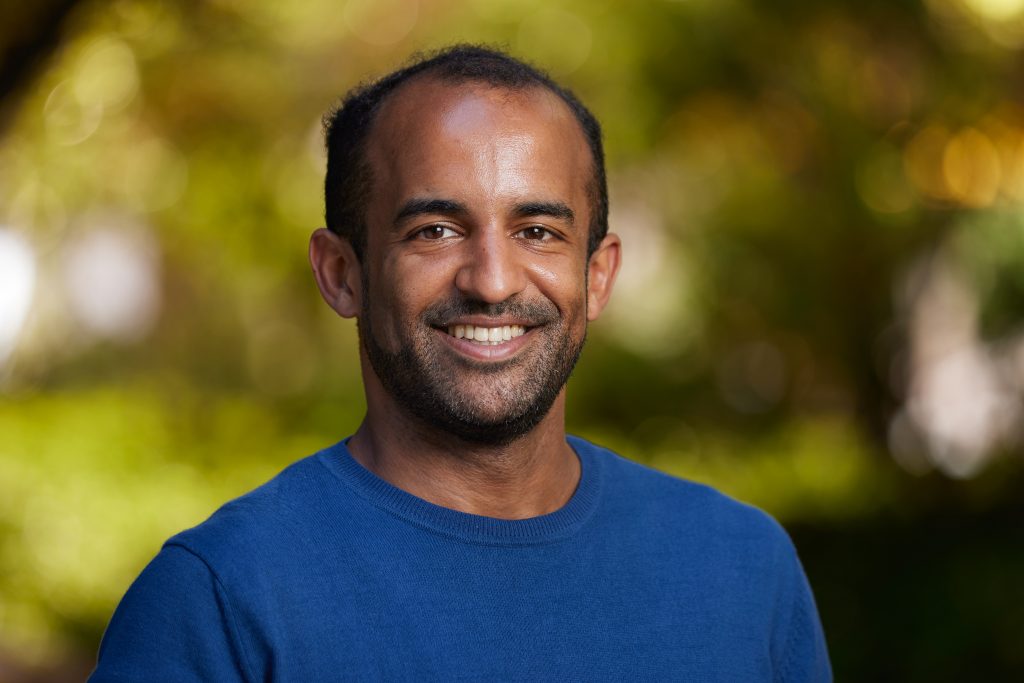Biology at Oxford offers students the choice of leaving the course after three years and graduating with a BA, or continuing to a fourth year and graduating with an MBiol. Progression to the MBiol is contingent on satisfactory academic performance in the first three years. In both streams, you will spend the first year encountering the full range of biology, developing an understanding of the integration between the different levels of organisation and discovering, perhaps to your surprise, the similarities between some of the laws governing interactions between molecules, cells, individuals and even populations. In the second year the depth of material covered increases in preparation for the third year, when you will be able to specialise, pursuing the latest research, both pure and applied, in those subjects that interest you most. The fourth year consists of an extended research project, which can be lab or field based, plus advanced research skills training. Recent changes to the course structure have placed additional emphasis on emerging topics relevant to society such as GM crops, bio-fuels, stem cells and ageing.
1st Year
The first year of the course integrates three major themes taken by all students: Diversity of Life, How to Build a Phenotype, and Ecology and Evolution. Each is examined at the end of the first year. Data Handling forms a fourth strand, but as a foundation course that is not examined at the end of the year. In the first year, all practicals are compulsory and count towards the final grade. They are not necessarily linked to lectures, but focus on providing practical skills relevant to modern biology, from the cellular and molecular to the ecological and taxonomic. There is a one-week residential field course to Devon in the summer term.
2nd Year
In the second year, students choose three themes from the four on offer: Genomes and Molecular Biology, Cell and Developmental Biology, Behaviour and Physiology of Organisms, and Ecology 2 and Evolution. Students may attend lectures in all themes. Skills training takes place through practical and quantitative practicals offered throughout the year, as well as extended one and two week specialist courses offered at the end of the second year.
3rd year
The themes taught in the second year will extend into the third year, but the degree of specialization will increase as we move yet further towards research-led teaching. Students will be expected to select at least four of the eight specialist options offered. These are nested within the four major themes introduced in the second year. In addition, and where relevant, the content will include a greater focus on applied questions and global challenges. Skills training will continue, with a focus on learning to engage with and critique the scientific literature.
4th Year
In the optional fourth year, students undertake advanced skills training and an extended research project, representing an opportunity to engage in in-depth primary research. The topic may be the student’s own idea, or one chosen from suggestions and discussions with members of the departments. Students carry out practical research, either in the lab or field, analyse data using rigorous scientific method and conventions, and write a report. The level expected is similar to early stage graduate work and the results from many of these projects have been published in scientific journals – an early chance to get into print! The breadth of topics is vast; recent examples range from how embryonic cells differentiate into nerve cells, to the impacts of marine protection on coral reef diversity.
Course Assignments
During their third year all undergraduates write a research proposal and give an oral presentation plus a written abstract, both encompassing a critique and synthesis of a chosen research topic. There is complete freedom to choose the appropriate topic, and any subject within the areas covered or touched upon by any of the modules is eligible, but the format of the assignment will be specified by the particular theme.


